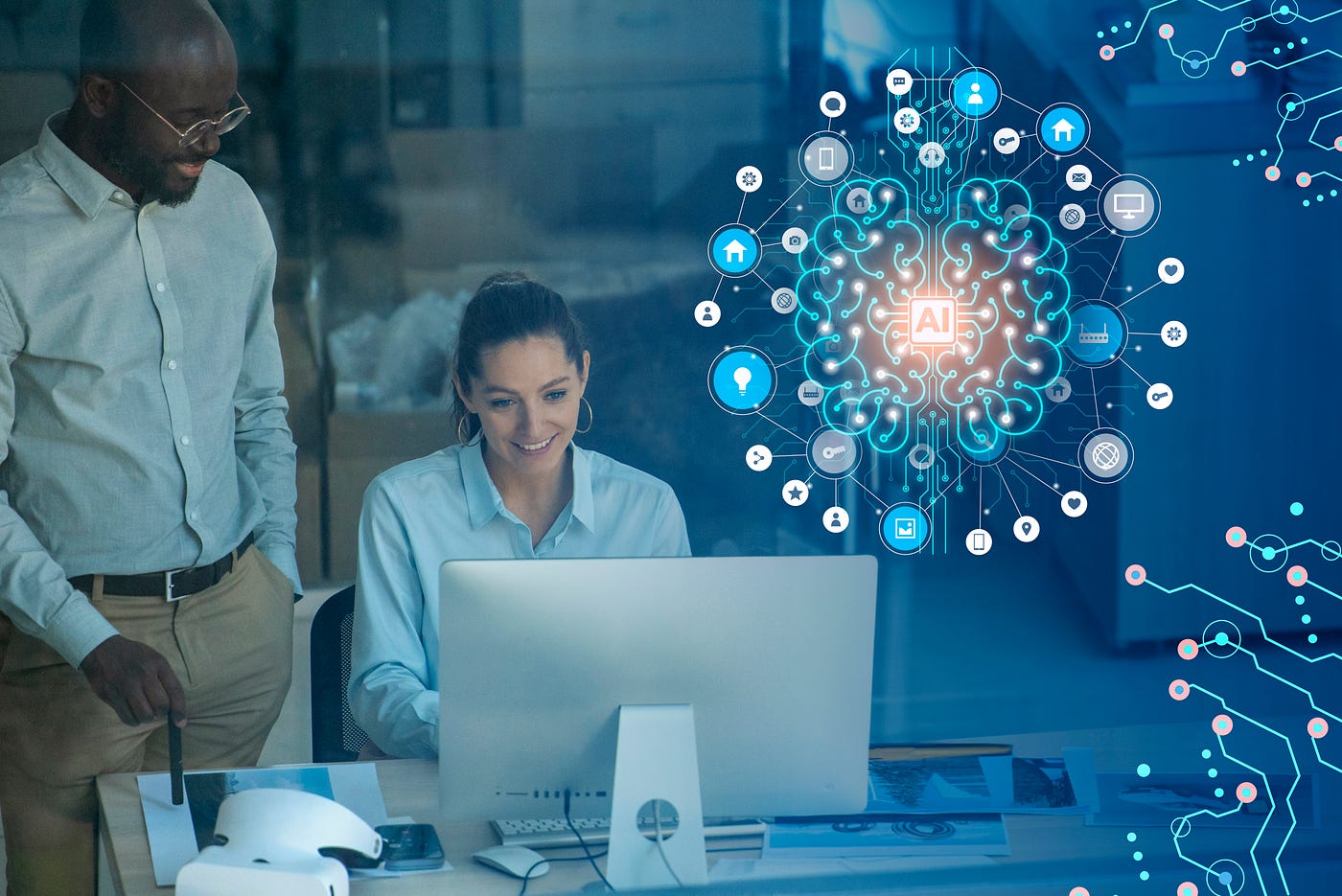
Ways of Incorporating AI into Everyday Life: Practical Tips
By Adedayo Oyetoke, Published on: December 18th 2023 3 min, 510 word Views: 839
The world is becoming increasingly reliant on Artificial Intelligence (AI) as we continue to push the boundaries of technology. AI has the potential to revolutionize various sectors, from healthcare to transportation, and even our daily lives. In this blog post, we will explore the practical ways in which AI can be incorporated into our everyday lives, and provide some practical tips to get started.
1. AI in Healthcare:
- AI-powered diagnostics:
One of the most significant applications of AI in healthcare is in the field of diagnostics. AI algorithms can analyze medical images, such as X-rays and MRIs, to identify patterns and abnormalities that may indicate diseases. For example, AI can detect lung cancer in its early stages, when treatment is more effective. This not only saves lives but also reduces healthcare costs.
- Virtual health assistants:
AI-powered virtual health assistants, such as Aleda, can provide personalized health advice and support to users. These assistants can answer questions, schedule appointments, and even remind users to take their medication. By providing a convenient and accessible platform for health information, AI can help improve overall health outcomes.
2. AI in Transportation:
- Self-driving cars:
Self-driving cars are one of the most visible applications of AI in transportation. These cars use advanced sensors, cameras, and GPS technology to navigate roads safely and efficiently. This not only reduces the risk of accidents but also frees up time for passengers to enjoy their journeys.
- Traffic management:
AI can also be used to manage traffic more efficiently. By analyzing real-time data from traffic cameras and sensors, AI can identify congestion and predict traffic patterns. This information can be used to optimize traffic flow, reducing congestion and improving overall travel times.
3. AI in Finance:
- Fraud detection:
AI can be used to detect financial fraud with remarkable accuracy. By analyzing large amounts of data, AI can identify patterns that may indicate fraudulent activities. This can help financial institutions protect their customers and maintain the integrity of the financial system.
- Robo-advisors:
Robo-advisors are AI-powered financial advisors that can provide personalized investment recommendations based on a user's financial goals and risk tolerance. These advisors can save users time and money by automating the investment process and providing unbiased advice.
4. AI in Education:
- Personalized learning:
AI can be used to create personalized learning experiences for students. By analyzing a student' s progress and preferences, AI can identify areas where they need improvement and provide tailored learning materials to help them succeed.
- Language learning:
AI-powered language learning apps, such as Duolingo, use AI to create personalized lessons and track a user's progress. This can make learning a new language more engaging and efficient.
Conclusion:
The integration of AI into our daily lives is becoming increasingly prevalent, and its benefits are undeniable. From healthcare to transportation and education, AI has the potential to revolutionize various aspects of our lives. By understanding the practical ways in which AI can be incorporated into our everyday lives and embracing its potential, we can continue to advance as a society.
